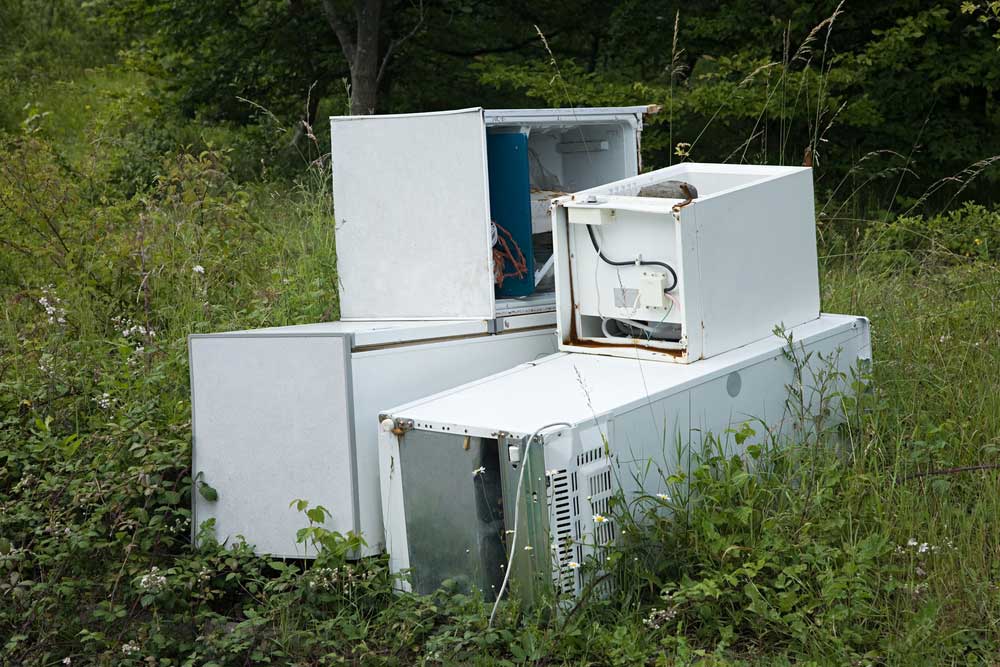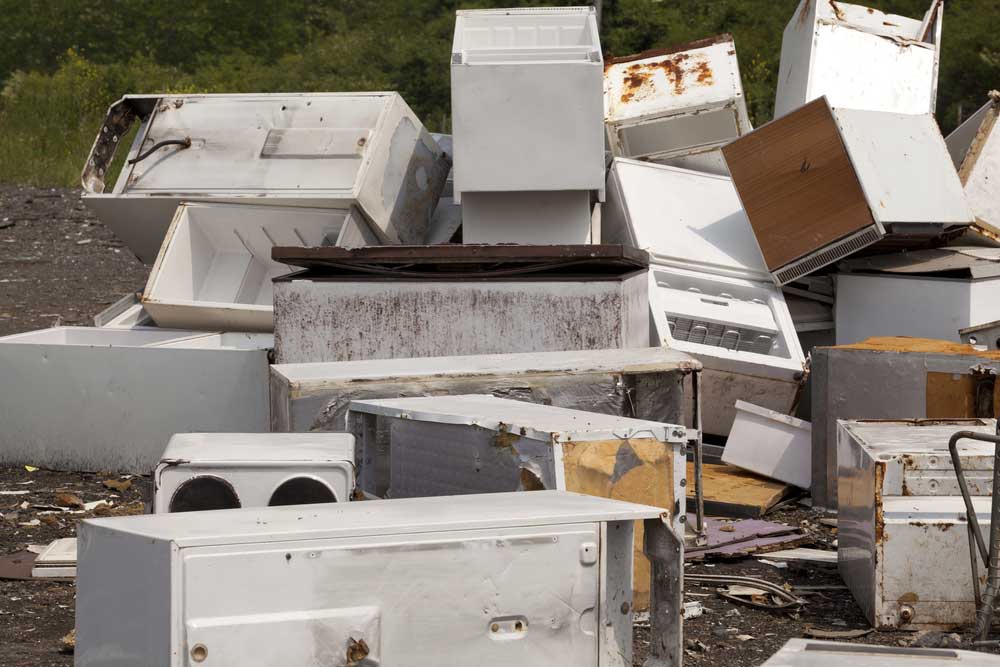A Comprehensive Guide from American Appliance Repair
When an appliance breaks down, one of the most common dilemmas homeowners face is whether to repair it or replace it entirely. While the decision may seem straightforward at first, there are several factors to consider—cost, age, condition, and the potential long-term benefits. At American Appliance Repair, we’re here to help you make the right choice, saving you money and frustration. Here’s a comprehensive guide to help you decide when it’s worth repairing an appliance and when it’s time to invest in a replacement.
Cost of Repair vs. Cost of Replacement
One of the first things you should consider is the cost. If the cost of repairing the appliance is close to or exceeds the price of buying a new one, replacing the appliance may be a more cost-effective option in the long run. However, before making this decision, it’s important to get an accurate estimate for repairs.
Rule of Thumb:
A general guideline is the 50% Rule: If the cost of repair is more than 50% of the appliance’s current value, replacement may be the better choice. For example, if a repair costs $600 but the appliance is only worth $800, it might make more sense to replace it.
Age of the Appliance
The age of your appliance plays a significant role in the decision-making process. Appliances, especially major ones like refrigerators, ovens, and washing machines, have a typical lifespan. If your appliance is nearing the end of its lifespan, it may not be worth investing in repairs.
- Refrigerators: Average lifespan is 10-15 years.
- Dishwashers: Typically last 9-12 years.
- Washing Machines: Can last 10-13 years.
- Ovens: Usually 15-20 years.
If your appliance is well beyond its expected lifespan and requires frequent repairs, replacing it may be the more practical option. Constant repairs on an aging appliance can add up over time, leading to a higher total cost than simply buying a new one.
Condition of the Appliance
Consider the current condition of the appliance. If it’s been in good shape and has lasted many years with minimal issues, a repair may be worth it. However, if it’s showing signs of frequent breakdowns, poor performance, or even cosmetic damage, replacement may be the best way forward.
- Repairs: If the appliance has already undergone multiple repairs or you’re dealing with recurring issues, replacing it might prevent you from throwing good money after bad.
- Performance: Is the appliance still performing efficiently? If your refrigerator is constantly overworking to keep things cool or your washing machine isn’t cleaning clothes as effectively, it might be time to upgrade.

Energy Efficiency of Older Models
Older appliances tend to consume more energy, which can increase your utility bills over time. Modern appliances, on the other hand, are designed to be much more energy-efficient, saving you money in the long run. If your appliance is older and inefficient, it may make more sense to replace it with a newer, more energy-efficient model.
Example:
An old refrigerator that uses significantly more energy than a newer Energy Star-rated model could end up costing you more in energy bills over time than the price of a new fridge.
Availability of Replacement Parts
For older appliances, finding the necessary parts for repairs can be difficult or expensive. If your appliance has been discontinued or parts are no longer easily available, the repair cost may be unreasonable, or the repair may not even be possible.
Pro Tip:
If you’re dealing with an uncommon or outdated appliance model, check the availability of parts before committing to a repair. If parts are scarce, it might be best to replace the appliance.
Warranty and Service Contracts
Another important consideration is the warranty or service contract. If your appliance is still under warranty or you have a service contract that covers repairs, it may be worth having it fixed rather than replaced. However, if the warranty has expired, the cost of repairs could be high.
Some newer appliances also come with extended service contracts that cover repairs for several years. In this case, repairing the appliance is a no-brainer.
When to Repair
- The appliance is relatively young (less than 50% of its expected lifespan).
- The cost of repair is significantly lower than replacement.
- The appliance is still energy-efficient and performing well.
- You have an active warranty or service contract that covers repairs.
- Parts for repairs are easily available and affordable.
When to Replace
- The appliance is old and nearing the end of its useful life.
- Repair costs are 50% or more of the cost of a new appliance.
- The appliance is constantly breaking down or showing signs of irreversible damage.
- Energy efficiency is poor, leading to higher utility bills.
- Replacement parts are hard to find or prohibitively expensive.
Call Today If you Need Our Help!
Choosing whether to repair or replace a broken appliance can be a tough decision, but it ultimately comes down to cost, age, condition, and future savings. At American Appliance Repair, we help you make an informed choice by providing accurate repair estimates and honest advice. Whether you decide to repair or replace, we are here to help you every step of the way.
If you’re unsure about whether to repair or replace your appliance, don’t hesitate to contact us. Our expert technicians can evaluate your appliance and give you professional recommendations based on your unique situation. Call us today for more information or to schedule an appointment!


